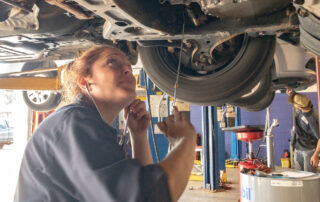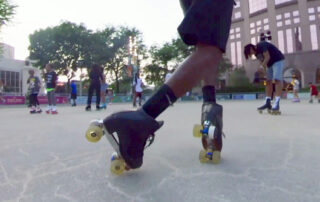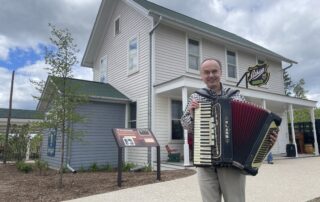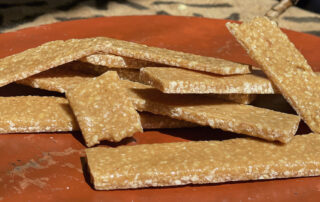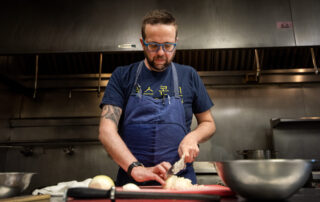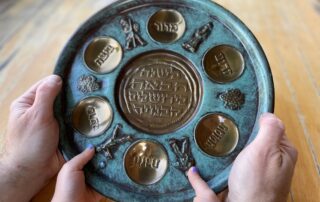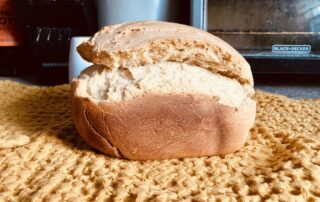For Dan Cornelius, food has always been an important influence in his life. As a member of the Oneida Nation, Dan developed a strong connection with Native American food and culture.
“For me, why I was drawn to food and to agriculture, is food is at the core of life, of survival. It touches on all aspects of life.”
A farmer himself, Dan grows many different varieties of corn as well as amaranth, pumpkins and garlic. His holistic approach to agriculture involves sustainable land use, the use of indigenous seeds and participation in seed sharing programs.
Dan’s own involvement in agriculture embodies the unique approach with which Native Americans approach food production.
“The seeds are the seeds of living beings. The seeds are our ancestors you know it’s what sustains us.”
It was his interest and involvement in agriculture that led Dan to realize there was an opportunity for Native Americans in Wisconsin to honor their agricultural history and sell their goods.
“What I saw in the region here is that we were really lacking infrastructure and support for a coordinated transportation and distribution marketing of our foods.”
Dan partnered with the Intertribal Agriculture Council and the Mobile Farmers Market was born.
The market provides access to Native American-produced goods like beans, corn and wild rice at farmers markets and food summits across Wisconsin, and as Dan explains, the market does more than just provide a production outlet.
“It addresses our land issues and provides opportunities for sustainable economic development, and at the same time as improving community health.”
The way in which food is prepared is often just as important to health as the food itself. Dan says that looking back to how food was traditionally prepared is one way in which healthier practices can be re-introduced.
“And that’s one of the fascinating things we’re looking at, you know, the history of how foods are used. And the knowledge that our ancestors had is really amazing.”
At a four-day food summit event, Dan learned of the impact of indigenous foods on the health and well-being of two diabetic women.
“And the first day, they were having a tough time of managing their, you know, their sugar levels. But over the course of just a four-day event, by the end of it, of eating those indigenous foods, they had a complete transformation. And, you know, in their bodies and how they felt.”
Response from Native American communities to indigenous foods and the Mobile Farmers Market has been positive and Dan says it helps establish open dialogues and ignite action.
“And it’s a great opportunity for, you know, as a conversation starter. And, you know, getting a pulse on the community, and where folks are coming from. And I think it also helps inspire people and just to think of what they can be doing.”
“Generally, when people see all those foods, they get pretty excited.”
In his own life, Dan experienced the communal connection that came from cooking traditional foods.
“I just remember growing up, my grandma would bring down corn, corn soup. You know, with the holidays. And I just loved eating corn soup.”
By making traditional foods more available Dan hopes to instill that same excitement and love of cooking and food in others.
“Whether its indigenous foods or not, just getting families, getting our younger generations into the kitchen, and cooking again, and reconnecting those relationships with food, that’s important from a health perspective. But also, just from a community perspective, as well.”
Native American Tool
Dan Cornelius shows us a Native American tool, a traditional Hodinoshoni planting stick, he uses in his fields.

